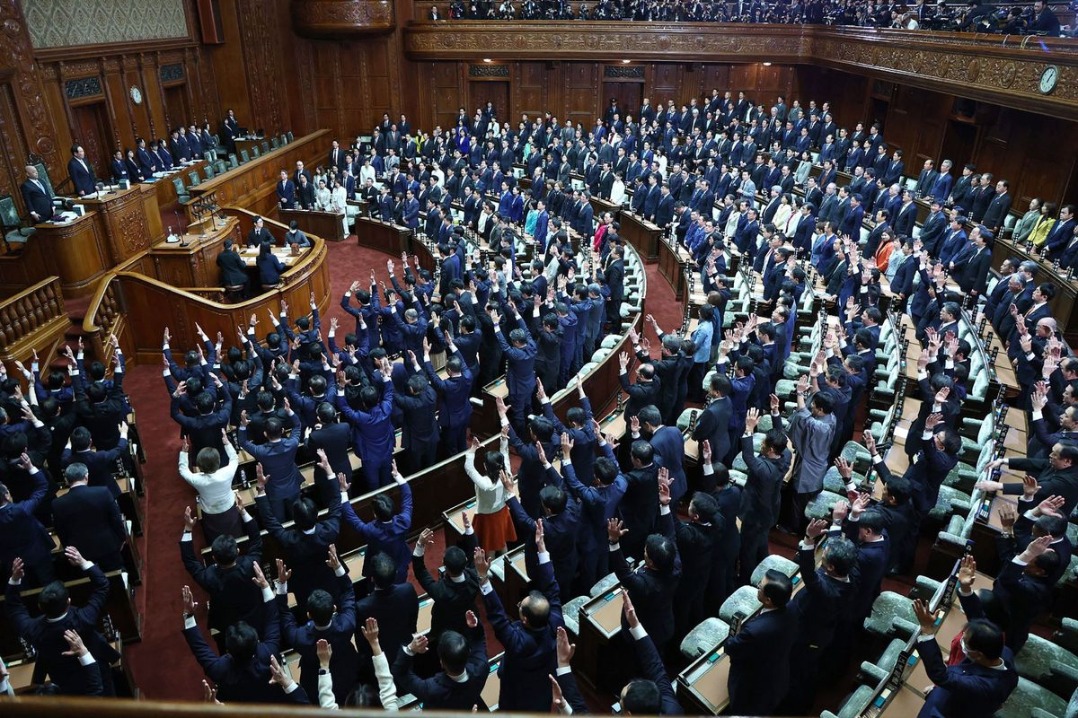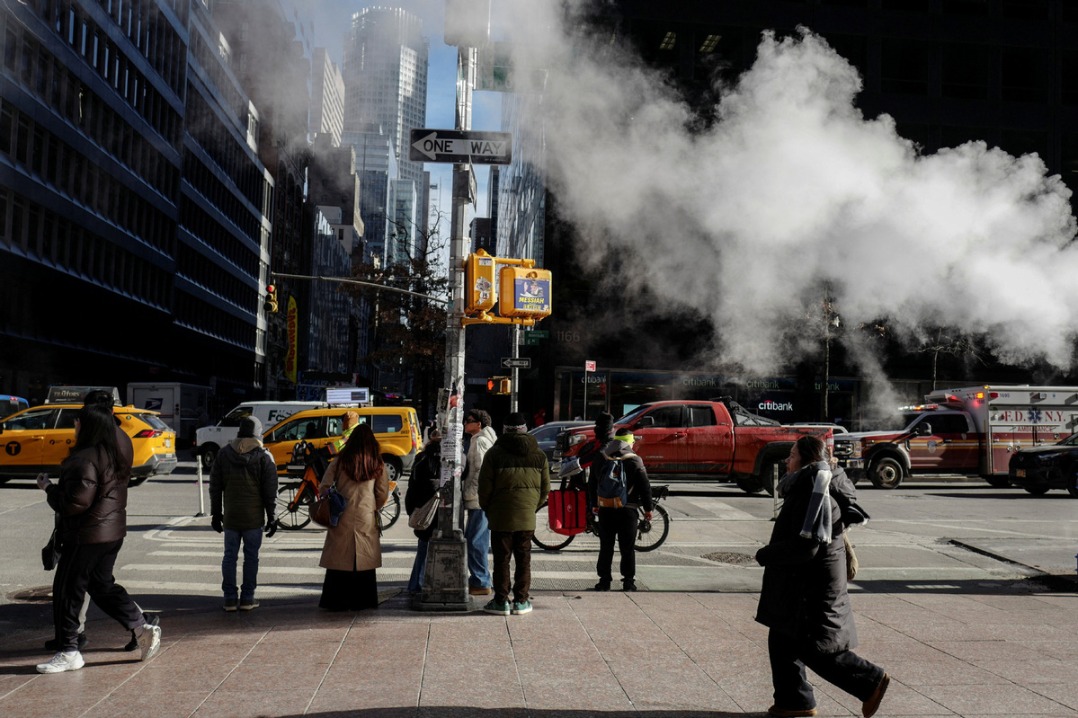Economic shift guides Gulf states on oil


West's push for increased supply harms diversification, climate goals, experts say
Western pressure on Gulf nations to pump more oil amid the Russia-Ukraine conflict could derail the region's economic diversification plans and its climate commitments, experts warn.
Saudi Arabia, the United Arab Emirates and Qatar-key members of the Organization of the Petroleum Exporting Countries-have remained hesitant to increase oil and gas exports amid pressure from the United States, European Union countries and Japan. The other Gulf Arab nations comprise Oman, Kuwait and Bahrain.
Russia is the world's largest exporter of oil to global markets, according to the International Energy Agency. The West's Arab oil push is aimed at stabilizing the global energy market and containing soaring prices spurred by the conflict in Eastern Europe.
Prices of fuel oil and gas have surged in the EU after the US and some EU countries imposed sanctions on Russia's exports. Oil prices hit more than $100 a barrel in March.
Salman Zafar, the founder of EcoMENA, an environmental think tank in Doha, Qatar, told China Daily that the realization of climate goals in the region covered by the Gulf Cooperation Council will be hampered if Saudi Arabia and the UAE decide to increase their oil output in return for geopolitical and economic leverage with Western countries.
"In the past decade or so, the Gulf countries have made steady progress, albeit slow, in transitioning to a low-carbon economy, but it may be undone if there is a renewed focus on oil production," said Zafar.
"Climate change mitigation is a one-way road, and the Gulf countries should be wary of long-term impacts of anthropogenic emission of greenhouse gases from the oil industry."
Yesar Al-Maleki, an energy expert and Gulf analyst at Middle East Economic Survey, an energy publication in Cyprus, said that in terms of economic diversification, an oil price boost is a "double-edged sword".
"Historically, these (diversification) plans would be abandoned with higher oil prices, which in turn lead to greater government spending within the economy. Oil volatility has always caused cyclical spending by Gulf countries," he said.
Al-Maleki said that while prices are high and oil revenues are up, GCC producers like Saudi Arabia and the UAE are keen to see their diversification plans go through. The higher revenues will see some of their climate ambitions financed, he said, but he also noted that the technologies still need time to mature and become commercially scalable.
In October last year, Saudi Arabia's Crown Prince Mohammed bin Salman launched the Middle East Green Initiative, aiming to secure about $10.4 billion for an investment fund and clean energy project to reduce regional carbon emissions. He also pledged that the country would reach net zero emissions by 2060 by investing more than $186 billion into the green economy over that time.
The UAE, also in October last year, announced its aims to hit net zero by 2050.
































